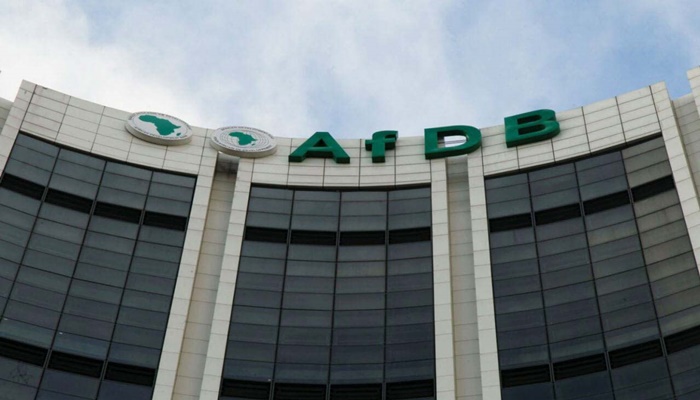
The African Development Bank (AfDB) has said that Nigeria and other African countries will require additional cash in excess of $150 billion to cushion the effects of coronavirus (COVID-19) pandemic on their economies.
It, however, said to counter the fallout of the virus and, more importantly, rebuild and strengthen Nigerian and other African economies’ resilience against future economic shocks, there was the need for robust policy responses, paired with strong support from development partners.
Its Acting Chief Economist and Vice President for Economic Governance and Knowledge Management, Charles Leyeka Lufumpa, who made this known in a chat with The Nation at the weekend, said targeted cash transfers and subsidies for vulnerable households as well as subsidies and tax relief for businesses should be high on the agenda.
“The AfDB now projects that Africa will fall into a recession in 2020 with economic growth contracting by at least 1.7 per cent. In a worst-case-scenario, this figure could turn out as high as 3.4 per cent.
“Cumulative losses in Gross Domestic Product (GDP) across the continent could range between $173.1 billion and $236.7 billion in 2020 and 2021.
“The coronavirus pandemic threatens to increase the debt burden of African countries from 60 per cent to 70 per cent of GDP, heightening the likelihood of a sovereign debt crisis.The additional financing required to cushion the consequences of the crisis could be in excess of $150 billion,” Lufumpa said.
He also said Nigeria and other African countries should, in the short term, prioritise healthcare spending for the provision of essential Personal Protective Equipment (PPE) and materials, and accelerate the local production of medical supplies including PPE, vaccine and drug discovery.
Lufumpa also said the Central Bank of Nigeria (CBN) and indeed, other central banks must inject liquidity into the economy, turning to unconventional policy tools such as quantitative easing if necessary.
“In the longer term, countries should seize the imperative of building resilience to future crises. As good times return and economies get back on track, it should become a priority to build domestic and external buffers against any potential exogenous shocks.
“More money should be earmarked for scientific, economic and social research. Countries should pursue global and continental partnerships to prepare for eventualities. Private sector growth and revamping education and labour markets for the future of work are also key,” he added.
The AfDB Group Chief Economist, however, said the good news is that the continent entered the COVID-19 crisis in a reasonably good shape, following decades of progression in health, education and economic outcomes.
According to him, “As of early 2020, macroeconomic fundamentals in Africa were improving, with investments, rather than consumption, accounting for more than half of the region’s growth.
“Inflation was falling and the continent was making impressive strides towards accomplishing the United Nations Sustainable Development Goals (SDGs). Africa must build on the momentum and strive to prevent the coronavirus pandemic from reversing the gains of the past 20 years.”
He however, admitted that this will not be a walk in the pack. He said, for instance, despite their best efforts, many countries still struggle with fragile health systems, high debt levels, weak external balances, as well as high rates of poverty and unemployment.
He said in a part of the world where 85 per cent of the population earn their living in the informal sector, unemployment as a direct result of the coronavirus pandemic could push an additional 28 to 49 million people into extreme poverty.
“Moreover, if we fail to take adequate action, the impact of the crisis on food insecurity and malnutrition may be even worse than anticipated,” he warned, noting, however, that there are reasons to be optimistic.
According to him, the continent’s youthful and innovative population, its growing middle class, its value addition to the abundant natural resources and its ever-improving governance systems give plenty of reason to be confident that Africa will overcome the ravages of the coronavirus pandemic.
He also said the level of cooperation in Africa has been encouraging. “But beyond the crisis, we need to continue working together to help rebuild our economies and prepare them for the future. Africa will emerge from this episode stronger and more resilient than ever before,’’ the AfDB chief said.
-The Nation






